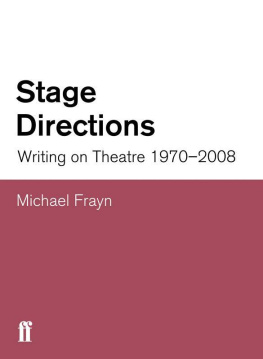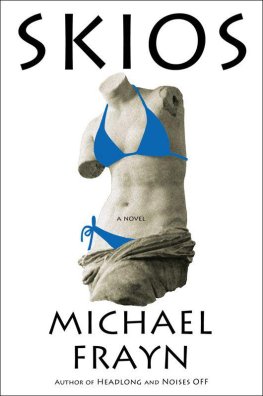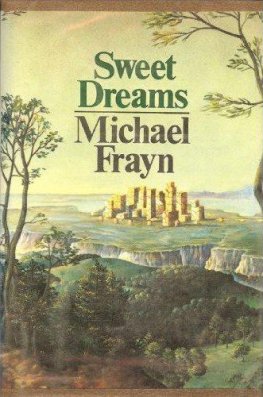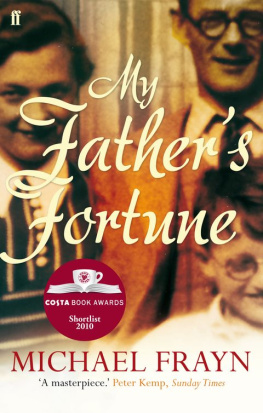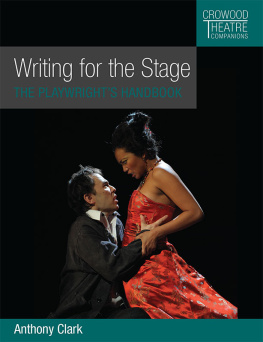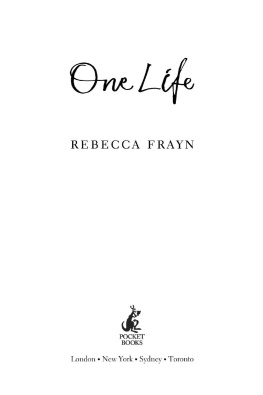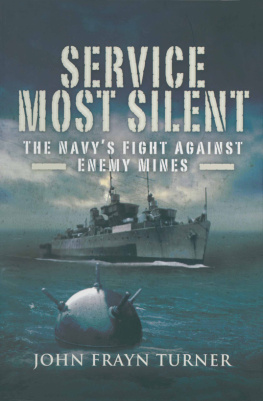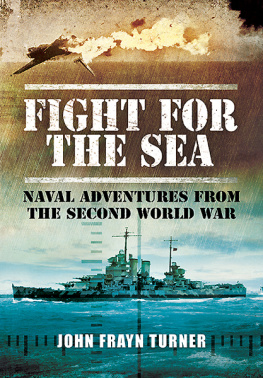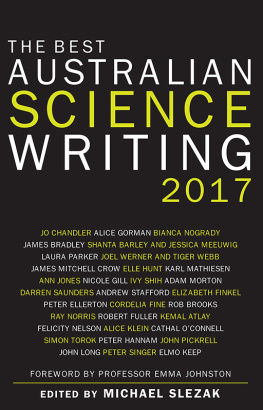MICHAEL FRAYN
Stage Directions
Writing on Theatre 1970-2008

No Show
A note on the origins of Donkeys' Years
I wrote Donkeys' Years after I went back to a reunion at my own old college in the early seventies. Any resemblance between what happened on that occasion and what happens in the play is of course entirely etc., etc., but I have to confess that one of the characters in the play does have some basis in reality.
I enjoyed my time at university, but my own college and I were not on the best of terms, and I departed without leaving a forwarding address for fund-raising appeals, the College magazine, invitations to reunions, etc. So I should never have discovered that my particular year was due for its Gathering of Old Members if it hadn't been for one particular Old Member who rang me up and urged me to go to it with him.
My caller had been the most distinguished of all my contemporaries. He looked like the hero of an old-fashioned adventure story, and he had a quick mind and a sardonic sense of humour. A particular aura hung about him because he had spent his National Service as a front-line infantry officer in Korea. The College's numerous sportsmen liked him; so did its handful of alienated intellectuals. But the most striking thing of all about him was that he was a compulsive dissembler. He loved deception for its own sake, and never ceased to be amused by the endless credulity of myself and my fellow victims. It was entirely characteristic of him that he appeared in Hall in the last few days before Finals struggling to get through what even I knew were the elementary books on his first-year reading list - and that he then got a First and entered the Foreign Office.
I was not enthusiastic about his proposal to go to the Gathering, but he was very pressing. He agreed that it would be a dreadful occasion, but suggested that we could sit on the sidelines, get drunk together, and laugh at everybody else. I reluctantly allowed myself to be persuaded, and he got the College to send me an invitation. I duly went. He didn't.
Next morning I walked round Cambridge with the worst hangover since the invention of alcohol, while he sat, presumably, on some rather more remote sidelines laughing at me.
As the years went by I walked into a few more of his little booby-traps - lured, for instance, into embarrassed sympathy when a sudden downturn in his fortunes deposited him in lodgings so squalid that he was ashamed to give me the address of them; only to be informed, by someone to whom I passed on the sad news, that it was an apartment in Albany.He told me he was disillusioned with the Foreign Office and wanted to escape into journalism, so I introduced him to a newspaper editor I knew. The next time I saw the editor he would scarcely speak to me. Why, he demanded coldly, had I tried to make use of him to provide cover for a spy? My friend, he had discovered, was not in the Foreign Office at all - he was in MI6. Of course.
Some years after that my friend died, of the kind of disease that seems to afflict people of an inturned and secretive nature, and this time I think the story was true. By then I had written the play, become reconciled with my old College, and been put on the appeals list like everybody else. Now, eighteen years on from the original production, we've come to the Gathering of Old Characters. So a belated word of thanks to my late friend. I think you'll recognise which character he inspired as soon as he comes on stage.
(1992)
LATER PLAYS
Copenhagen
Where a work of fiction features historical characters and historical events it's reasonable to want to know how much of it is fiction and how much of it is history. So let me make it as clear as I can in regard to this play.
The central event in it is a real one. Heisenberg did go to Copenhagen in 1941, and there was a meeting with Bohr, in the teeth of all the difficulties encountered by my characters. He probably went to dinner at the Bohrs' house, and the two men probably went for a walk to escape from any possible microphones, though there is some dispute about even these simple matters. The question of what they actually said to each other has been even more disputed, and where there's ambiguity in the play about what happened, it's because there is in the recollection of the participants. Much more sustained speculation still has been devoted to the question of what Heisenberg was hoping to achieve by the meeting. All the alternative and co-existing explications offered in the play, except perhaps the final one, have been aired at various times, in one form or another.
Most anxious of all to establish some agreed version of the meeting was Heisenberg himself. He did indeed go back in 1947 with his British minder, Ronald Fraser, and attempted to find some common ground in the matter with Bohr. But it proved to be too delicate a task, and (according to Heisenberg, at any rate, in his memoirs) 'we both came to feel that it would be better to stop disturbing the spirits of the past.' This is where my play departs from the historical record, by supposing that at some later time, when everyone involved had become spirits of the past themselves, they argued the question out further, until they had achieved a little more understanding of what was going on, just as they had so many times when they were alive with the intractable difficulties presented by the internal workings of the atom. The account of these earlier discussions in the twenties reflects at any rate one or two of the key topics, and the passion with which the argument was conducted, as it emerges from the biographical and autobiographical record. I am acutely aware of how over-simplified my version is. Max Born described the rerhaory as not so much 'a straight staircase upwards, but a tangle of interconnected alleys', and I have found it impossible to follow these in any detail (even where I can begin to understand them). In particular I have grossly understated the crucial role played by Born himself and by his pupil Pascual Jordan at Gottingen in formulating quantum mechanics (it was Born who supplied the understanding of matrices that Heisenberg lacked, and the statistical interpretation of Schrodinger's wave function), and of Wolfgang Pauli in Hamburg, whose exclusion principle filled in one of the key pieces in the puzzle.
But the account of the German and American bomb programmes, and of the two physicists' participation in them, is taken from the historical record; so is the fate of Danish Jewry; and Heisenberg's experiences in Germany before and during the war, his subsequent internment, and the depression that clouded his later years. I have filled out some of the details, but in general what he says happened to him - at the end of the First World War, on Heligoland, during his nocturnal walk in Faelled Park, during the Berlin air-raid and his internment, and on his ride across Germany, with its near-fatal encounter along the way - is based very closely upon the accounts he gave in life.
The actual words spoken by my characters are of course entirely their own. If this needs any justification then I can only appeal to Heisenberg himself. In his memoirs dialogue plays an important part, he says, because he hopes 'to demonstrate that science is rooted in conversations'. But, as he explains, conversations, even real conversations, cannot be reconstructed literally several decades later. So he freely reinvents them, and appeals in his turn to Thucydides. (Heisenberg's father was a professor of classics, and he was an accomplished classicist himself, on top of all his other distinctions.) Thucydides explains in his preface to the
Next page
